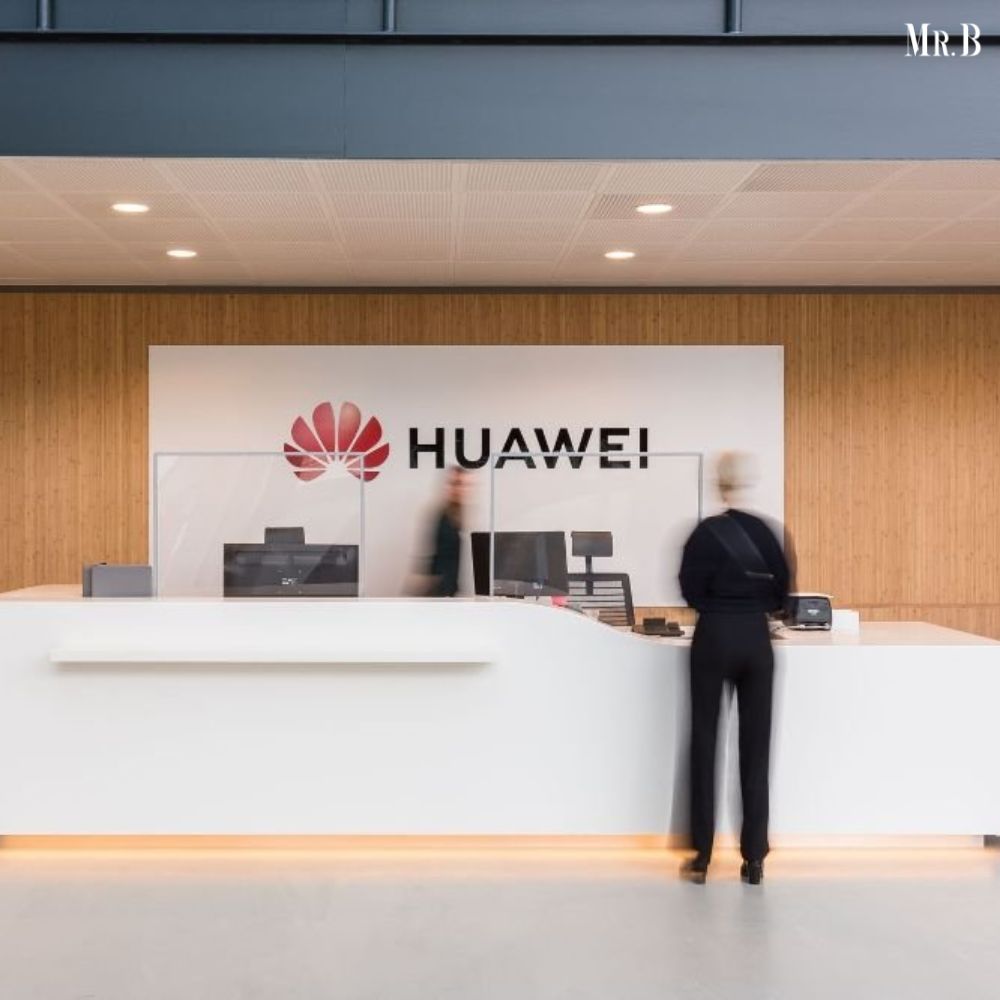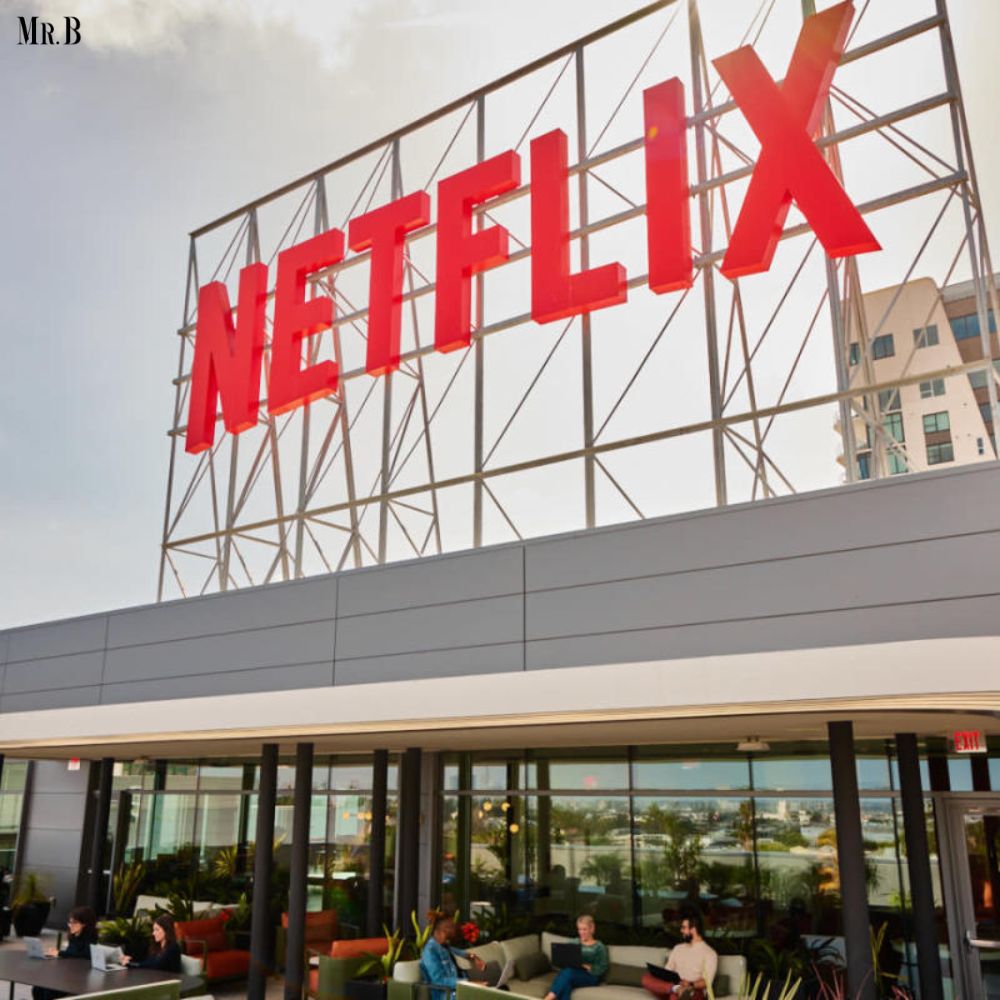OpenAI’s Serious Misstep in Handling Sam Altman’s Termination
- Category: News

OpenAI’s leadership, alarmed by concerns likening the company’s technological advancements to a potential “nuclear bomb,” opted to dismiss CEO Sam Altman, citing it as a pragmatic move. However, the abrupt and non-transparent manner of Altman’s termination, executed without forewarning major stakeholders, raised questions about the decision’s rationale and posed the risk of exacerbating the situation.
A board of directors is obligated primarily to shareholders, with Microsoft being OpenAI’s most significant investor, having contributed $13 billion to propel Bing, Office, Windows, and Azure ahead of competitors. Notably, Microsoft was only notified of Altman’s firing just before the public announcement, resulting in a dip in the company’s stock.
Each One has a Take:
The lack of prior communication extended to employees, including co-founder Greg Brockman, who learned about Altman’s termination moments before it occurred and subsequently resigned. This sparked a crisis within OpenAI, with reports suggesting that Altman and other former loyalists were considering launching their venture, potentially undermining the company’s years of hard work.
In an unexpected turn, the board, a day later, purportedly sought to rectify the situation by attempting to persuade Altman to return. This reversal underscored the tumultuous events and marked an embarrassing episode for a company hailed as a leading producer of cutting-edge technology.
The peculiar structure of OpenAI’s board further complicated matters. Although a nonprofit, Altman, Brockman, and Chief Scientist Ilya Sutskever established OpenAI LP in 2019, a for-profit entity nested within the larger organization. This for-profit arm played a pivotal role in elevating OpenAI’s valuation from insignificance to $90 billion in a short span, with Altman credited as the architect of this success.
OpenAI says Sam Altman exits as CEO after board loses confidence
Brought about New Changes:
Despite its nonprofit status, OpenAI’s ties to big backers like Microsoft and venture capital firm Thrive Capital impose a business growth and profitability expectation. This dynamic places added pressure on the company to deliver tangible returns to investors known for their impatience. This likely prompted Altman to push the for-profit entity to accelerate innovation and swiftly introduce products to the market. In line with Silicon Valley’s “move fast and break things” ethos, such products may initially encounter functionality issues—a common occurrence in the realm of dating apps or social media platforms.
While glitches may be tolerable in those contexts, the situation takes a concerning turn when dealing with technology adept at replicating human speech and behavior to the extent of deceiving individuals into believing fabricated conversations and images are authentic.
Reportedly, this development unsettled the company’s board, which maintained a majority control from the nonprofit segment. According to Swisher, the turning point came during OpenAI’s recent developer conference when Altman announced plans to provide tools enabling anyone to create their version of ChatGPT.







